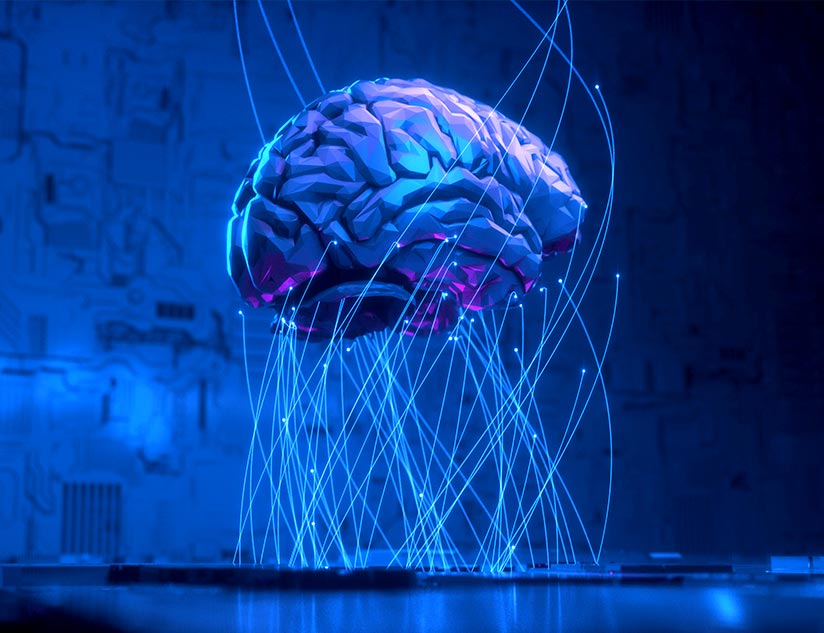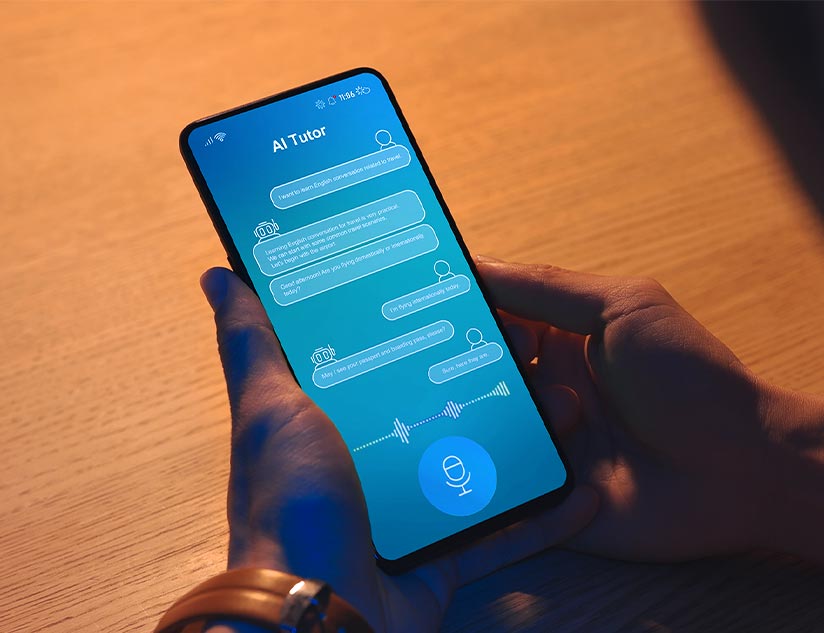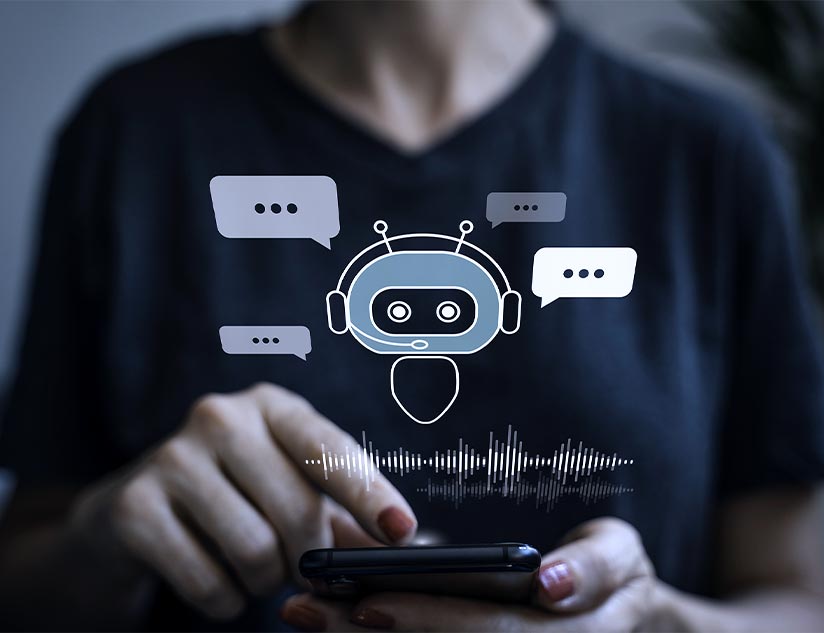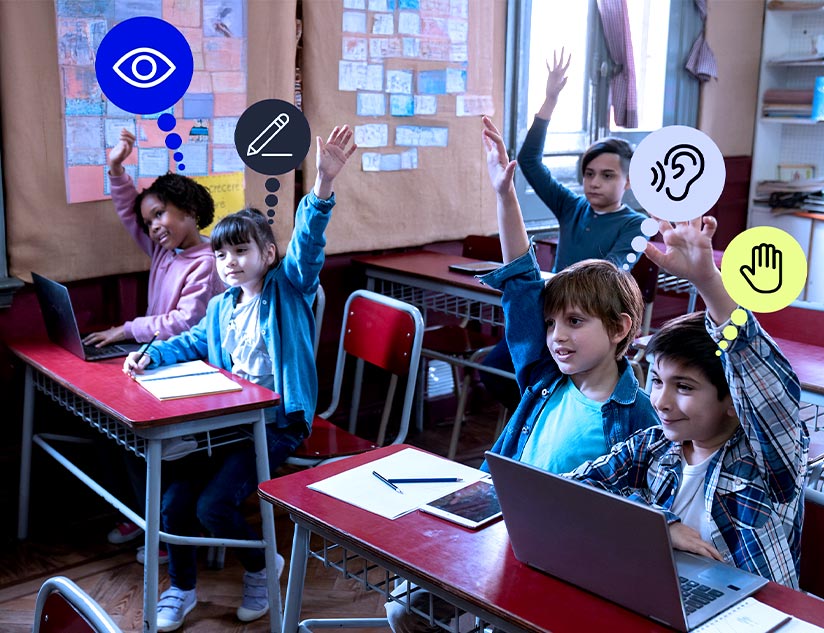The groundwork for the AI-driven transformation of EdTech was laid in 2023. The technology and its applications in learning will grow exponentially in 2024 and beyond. The AI in education market is forecasted to reach $23.82 billion by 2023, expanding at a whopping CAGR of 38% from 2023 to 2030.
To fulfill its unshakable commitment to enabling continued learning, the dominant theme of evolution will remain intelligent adaptive education. For edtech companies, conforming to DEI and privacy guidelines will drive adoption and growth. Here’s a roundup of the top 6 AI trends to watch out for in 2024.
AI-Powered Intelligent Learning Assistants
The penetration of AI in the learning and teaching processes will dramatically increase. Large language models (LLMs) will witness massive growth by leveraging machine learning technologies like natural language processing (NLP) and natural language understanding (NLU).
A teacher can only sometimes assist remote learners due to schedule constraints. Powering LLMs with generative AI can support learners without a teacher. These systems can guide students through the LMS, conduct interactive lectures, resolve real-time queries, and serve as learning companions.
Moreover, specifically trained bots with deep knowledge of a skill or subject can facilitate targeted learning. AI assistants can monitor learning while encouraging autonomy 24/7. This promotes a blended learning format as well.
Smart Content Creation
A considerable part of a teacher’s job is creating effective learning modules. Teachers can specify learning outcomes and student demographics, and AI-powered content planners will produce curriculum plans, lesson modules, and assessment goals.
AI-enabled content development tools use analytics to determine the most effective content flows and template designs that work well. Visualizations make content more understandable and register better with brain-boosting content accumulation. Did you know that smart content design tools can help accelerate converting text to visuals? This accelerates content creation and makes learning more engaging and interactive to enhance learner engagement.
Further, teachers no longer need to maintain content databases and fetch required material while planning content for the next academic session. AI tools help automate data management and suggest reusable content while designing.
Revolutionizing AR, VR, and MR Experiences
The future is immersive, with the help of augmented, virtual, and modified reality. AI is the perfect companion to make these experiences more realistic. Real-time monitoring tools in the LMS can track eye movement, voice recognition, and gestures, so teachers and students experience the virtual world much closer to the real world.
Assume a virtual classroom where a chemistry teacher has to show a science experiment. AI assistance will improve the accuracy of object placements like test tubes and annotation, such as supplementing the visuals with chemical formulae of the used components, seamlessly blending the virtual with the real. These realistic simulations will help improve collaboration among remote participants.
Fostering Inclusion and Accessibility
Greater accessibility and inclusivity will be enabled via conducive learning environments for learners with special needs and assistance in experiencing education on par with other learners. Technologies such as text-to-speech and speech-to-text, motor assistance, gaze-tracking, and sign-language assistance will transform how special needs individuals access learning.
Simulated classrooms will serve as collaboration spaces for remote socio-emotional education, facilitating life-like interactions among students and teachers. AI translation will play a pivotal role in enabling diverse language speakers to collaborate and communicate seamlessly in virtual spaces in real-time.
Supplementing Analytics for Personalized Education
For years, one of the most overused phrases in the education industry has been, “Every child is different.” Yet, a lot must be done to enable differentiated instruction to fortify learning progress according to individual needs.
AI facilitates automated and predictive analytics. Digital learning systems track every student’s learning patterns, speed, preferences, interests, progress, and proficiency levels. This helps curate unique learning journeys for every learner while driving the achievement of cumulative curricular goals. Combining AI-powered analytics with intelligent assistants can redefine education delivery and significantly fortify personalization initiatives.
Accelerating Grading and Feedback
Undoubtedly, AI cannot replace teachers. However, it can simplify their lives to a great extent. One of the most used applications of artificial intelligence in the learning ecosystem is assessment automation. As of now, primarily gamified and objective assessments are evaluated using AI. But this is about to change with the evolution of LLMs.
2024 will witness a flood of descriptive and long-form response assessment facilities. Once again, NLP and NLU will take the lead in empowering teachers. AI-powered assessment engines will not only grade papers but will also gather insights to gauge the strengths and weaknesses of students. They will recommend reinforcing and supplementary learning materials to improve academic achievement under the educators’ oversight.
Are You Prepared for 2024?
AI is set to improve the efficiency of educators and optimize learning experiences with sophisticated tools. Augmenting digital learning platforms with AI technologies provides a competitive edge to EdTech firms. MagicBox™ is on a mission to empower EdTech organizations to make the most of emerging technologies and reinvent education. Join the conversation with industry experts and leaders to brainstorm more such applications of AI and other leading-edge technologies to be the torchbearers of learning transformation.














